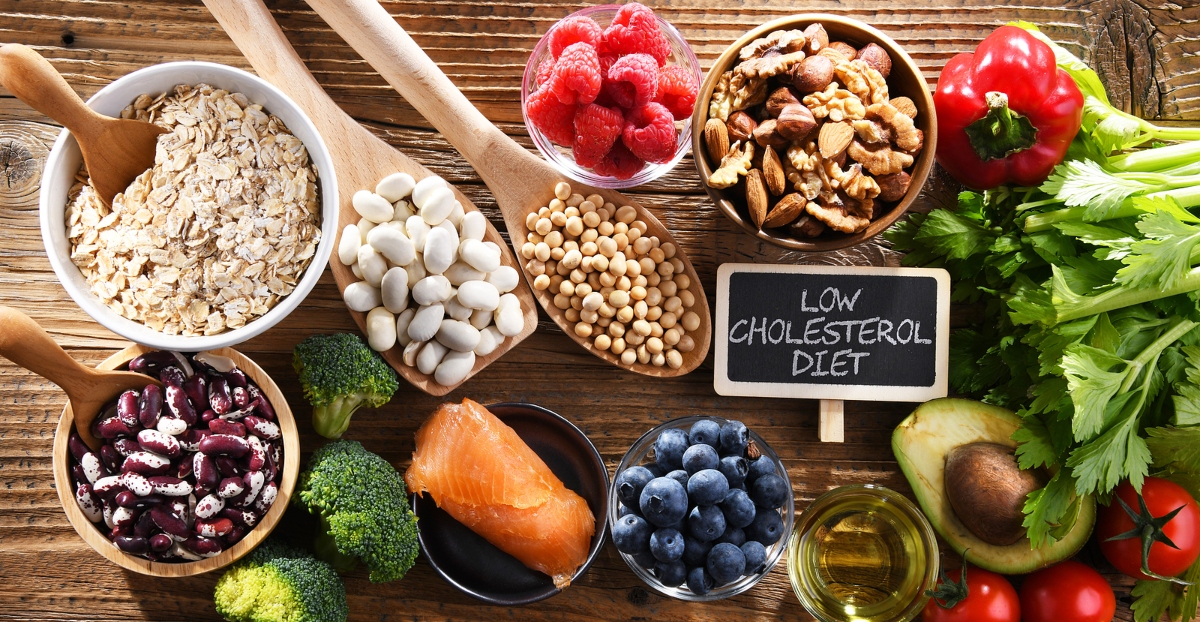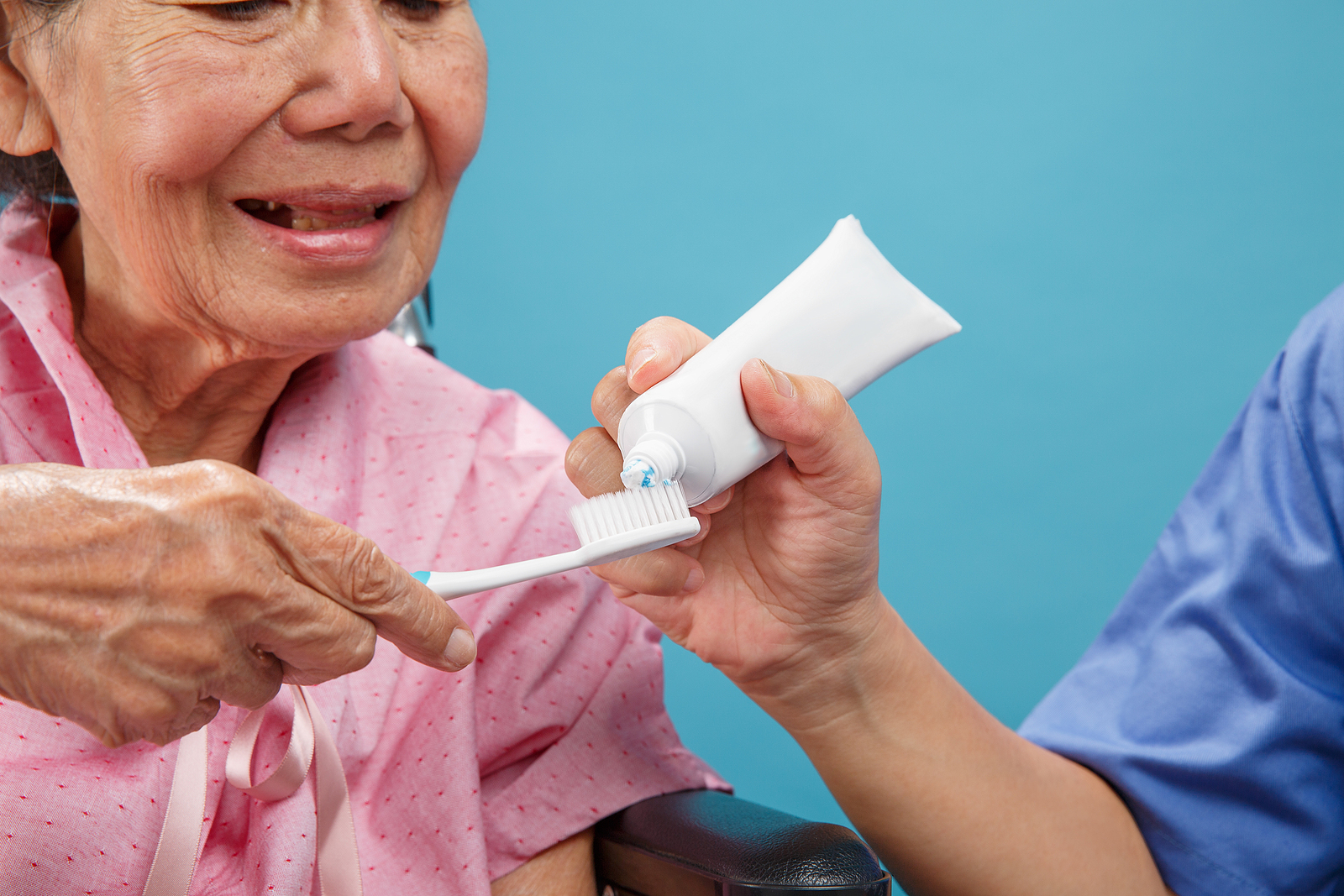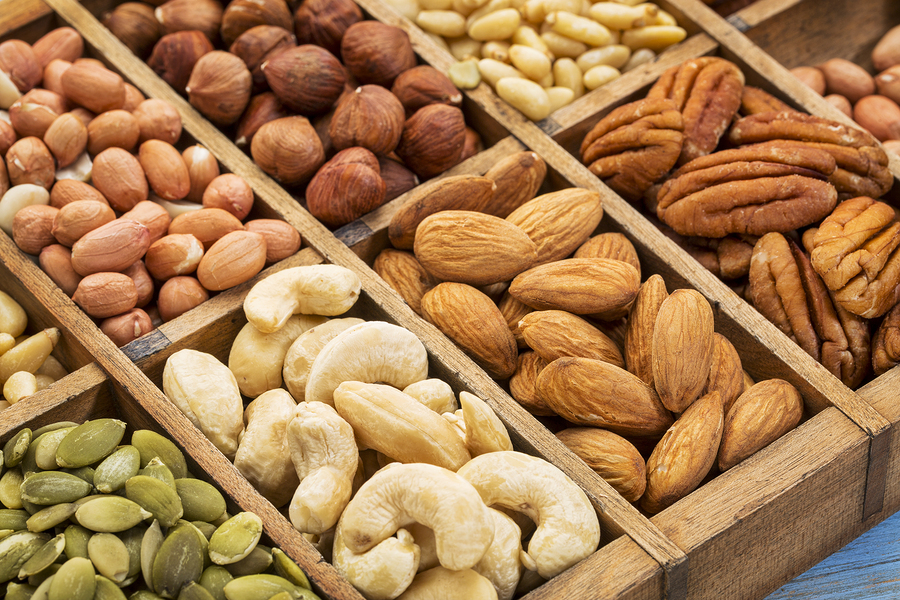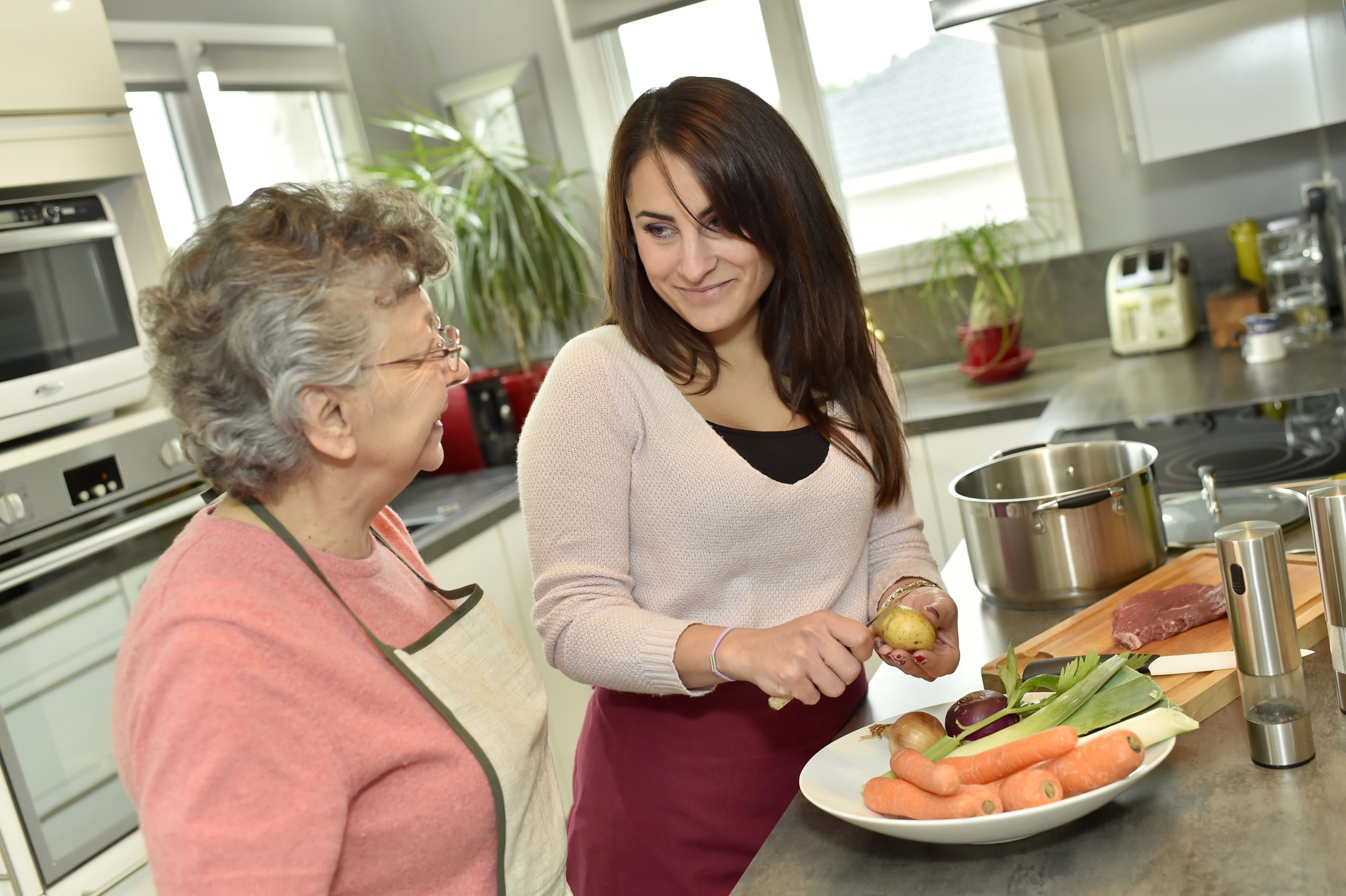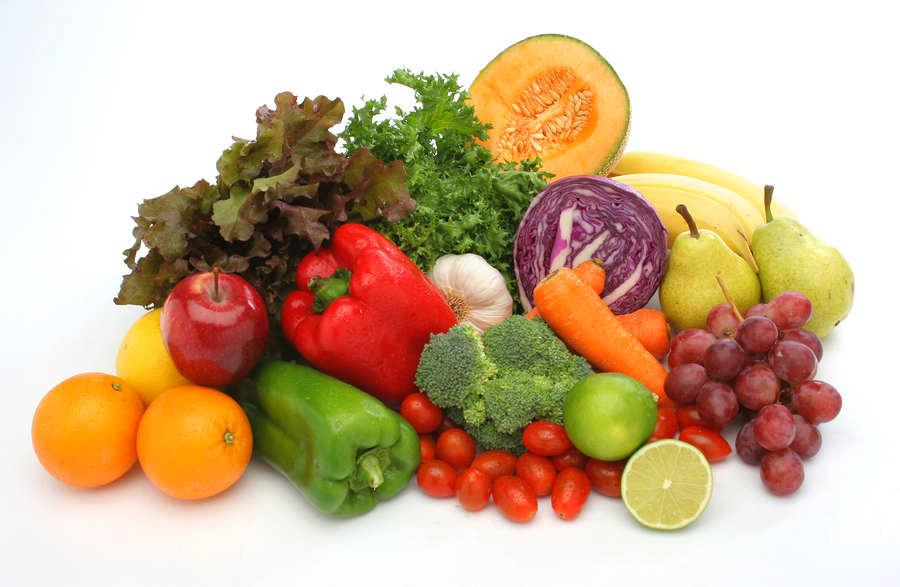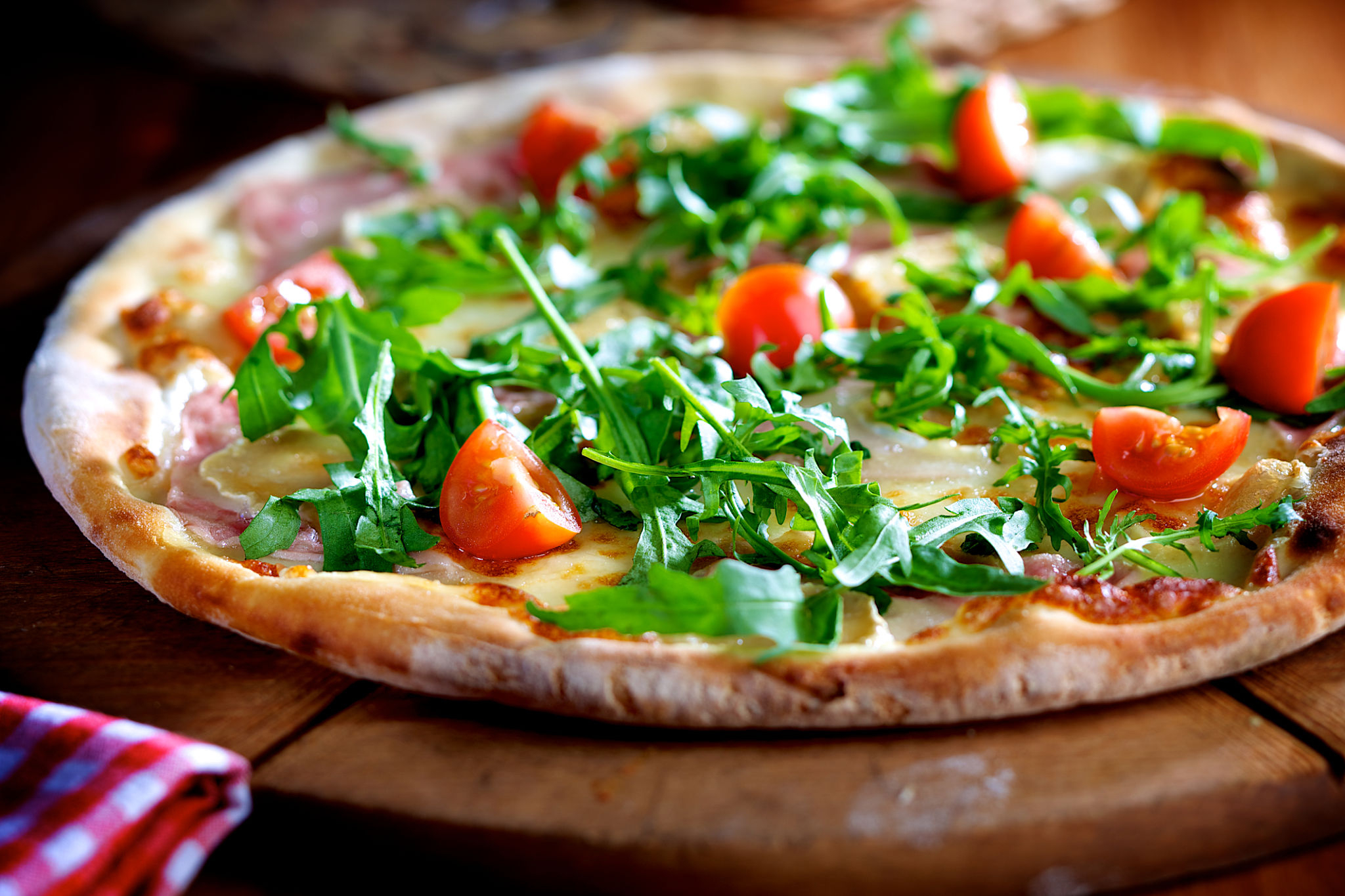For many individuals of all ages, using caffeine on a regular basis is a bit of a ritual, especially for coffee drinkers, whose first step in the morning is to brew a cup. However, there are varying thoughts as to whether caffeine is a good or bad thing. This is particularly true for seniors, whose caffeine routine is likely years in the making. Although it’s frequently marketed as having the power to elevate mood and increase alertness, its effects on seniors can be more complex and occasionally even worrisome. It’s important for seniors to understand the impact caffeine consumption has in the later years. Here are a few details about caffeine to know, and how senior home care can support your elderly parent’s efforts to curb caffeine consumption.
Understanding How Caffeine Affects Seniors
It’s common knowledge that the body changes over the years, and how it reacts to certain foods and drinks is only one of those changes. For caffeine, research suggests that the body has an enhanced sensitivity to caffeine in the older years, which means seniors might not need as much to get the same effects as they did when they were younger. It also means that even modest amounts of coffee might cause jitters, anxiety, or disturbed sleep patterns in seniors.
Caffeine’s Impact on Sleep
As people age, getting a good night’s sleep becomes more crucial. Caffeine can disrupt sleep patterns and cause insomnia or interrupted sleep, especially if it is taken later in the day. This may be a factor in the sleepiness that some seniors feel throughout the day and the cycle of caffeine dependence that results from it. While senior home health can encourage seniors to drink more water or get up and move when they start to feel tired, not getting enough sleep can impact seniors’ moods, their willingness to engage with others, and more.
Caffeine’s Impact on Medications
Seniors often use medication for a variety of conditions. Certain medications and caffeine may interact, decreasing the former’s effectiveness and increasing the latter’s negative effects. Senior home health can help monitor seniors caffeine consumption and encourage them to be mindful of possible interactions or to talk with their physicians about any concerns.
Caffeine’s Impact on Cardiovascular Health
While most individuals consider moderate caffeine consumption to be harmless, seniors who have cardiovascular problems should exercise caution. For those who already have high blood pressure or cardiac problems, caffeine may be dangerous because it might momentarily cause a spike in these conditions. Again, talking with the medical team is vital to ensuring seniors have all the information they need to make an informed decision.
Tips For Seniors Who Need to Limit Caffeine Intake
For seniors who consume a lot of caffeine, scaling back their use might be the perfect balance for them. This allows them to gain the benefits of caffeine, such as being more alert and elevating their moods, while steering clear of any negative impacts. However, limiting the amount of caffeine they consume should be done gradually to decrease withdrawal symptoms like headaches and irritability. Additionally, senior home care might suggest decaffeinated coffee, flavored water, or herbal teas as caffeine-free options. These substitutes might still offer a soothing drink experience without the caffeinated impacts.
Although there are advantages to caffeine, such as better mood and alertness, seniors should use caution when using it. Home care can help them maintain greater general health and well-being by being aware of the impact caffeine has on their bodies and choosing to minimize intake.
Sources:
https://www.todaysgeriatricmedicine.com/archive
https://www.uclahealth.org/news/article/caffeine-sensitivity-grows-as-people-age
https://getvipcare.com/blog/how-much-caffeine-is-too-much-for-older-adults/
If you or an aging loved one is considering senior home care in Alamo, CA, please contact the caring staff at Golden Heart Senior Care of Walnut Creek. (925) 203-3039.

